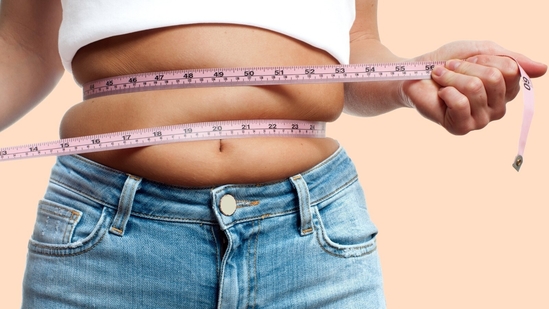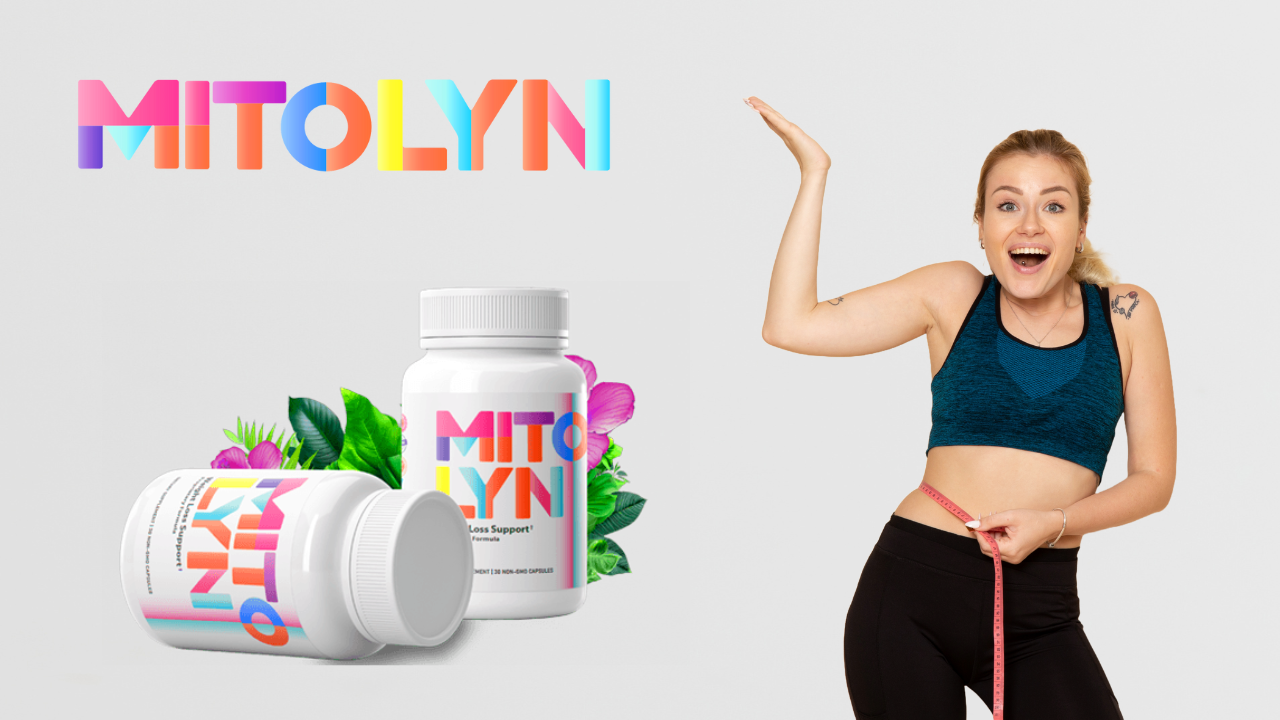When it comes to losing fat, most people focus on cutting calories or exercising more. But did you know that the type of food you eat also matters? One key nutrient that plays a huge role in fat loss is protein. In this article, we will explore how protein helps with fat loss, why it is essential for your body, and how you can include more of it in your diet for maximum results.
How Protein Helps with Fat Loss
Protein is not just for bodybuilders. It is an important part of any diet, especially if you want to lose fat. Here are some ways that protein helps in fat loss:
1. Boosts Metabolism and Burns More Calories
Your body needs energy to digest food. This is called the thermic effect of food (TEF). Protein has a high TEF, meaning your body burns more calories digesting protein compared to fats or carbs. This helps you burn more calories throughout the day, even when you are resting!
2. Reduces Hunger and Keeps You Full Longer
One of the hardest parts of losing fat is dealing with hunger. Protein helps you feel full for longer by reducing the hunger hormone ghrelin and increasing appetite-reducing hormones. This means you are less likely to snack on unhealthy foods.
3. Preserves Muscle While Burning Fat
When you are trying to lose fat, you want to make sure you are not losing muscle. Protein helps protect your muscles while your body burns fat for energy. This is important because muscle helps keep your metabolism high, which helps you burn more fat over time.
4. Supports Healthy Blood Sugar Levels
How Much Protein Do You Need for Fat Loss?
The amount of protein you need depends on your age, weight, and activity level. However, a general guideline for fat loss is to eat about 0.7 to 1 gram of protein per pound of body weight per day. For example:
If you weigh 150 pounds, aim for 105-150 grams of protein per day.
If you weigh 200 pounds, aim for 140-200 grams of protein per day.
Best Sources of Protein for Fat Loss
Not all proteins are the same. Some are better for fat loss than others. Here are some of the best protein sources:
1. Lean Meats
Chicken breast
Turkey
Lean beef
Fish (salmon, tuna, cod)
2. Eggs and Dairy
Whole eggs
Egg whites
Greek yogurt
Cottage cheese
Low-fat cheese
3. Plant-Based Proteins
Lentils
Chickpeas
Black beans
Quinoa
Tofu and tempeh
4. Protein Supplements
Whey protein
Casein protein
Plant-based protein powders (pea, hemp, soy)
When to Eat Protein for Maximum Fat Loss
Eating protein at the right times can boost fat loss. Here are the best times to eat protein:
1. Breakfast
Starting your day with protein helps control hunger and keeps you full until lunch. Some good options include eggs, Greek yogurt, or a protein shake.
2. Before and After Workouts
Eating protein before your workout gives you energy, while eating it after helps with muscle recovery and fat burning. Try a protein shake or lean meat with some vegetables.
3. Before Bed
A protein-rich snack before bed, like cottage cheese or a protein shake, helps keep your metabolism active while you sleep.
Common Myths About Protein and Fat Loss
There are many myths about protein and fat loss. Let’s clear up some of the most common ones:
1. Myth: Eating Too Much Protein Makes You Fat
Truth: Protein is not stored as fat as easily as carbs and fats. In fact, eating more protein can help you burn more calories!
2. Myth: You Need to Eat Protein Every Two Hours
Truth: As long as you get enough protein throughout the day, meal timing is not as important.
3. Myth: You Can’t Get Enough Protein on a Plant-Based Diet
Truth: Many plant foods are rich in protein! Lentils, chickpeas, tofu, and quinoa are great options.
Simple High-Protein Meal Plan for Fat Loss
Here’s a simple meal plan to increase your protein intake and burn fat:
Breakfast
Scrambled eggs with spinach and whole-grain toast
Greek yogurt with berries and nuts
Lunch
Grilled chicken salad with avocado and olive oil dressing
Lentil soup with quinoa and vegetables
Snack
Cottage cheese with almonds
Protein shake with banana and almond milk
Dinner
Baked salmon with steamed broccoli and sweet potatoes
Stir-fried tofu with brown rice and vegetables
Before Bed
Low-fat cheese with whole-grain crackers
A casein protein shake
Eating like this will help boost your fat loss while keeping you full and energized.
Conclusion: Make Protein Your Fat Loss Secret Weapon
Protein is one of the most important nutrients for fat loss. It helps burn more calories, reduce hunger, preserve muscle, and stabilize blood sugar levels. By eating enough high-protein foods and including them in every meal, you can achieve your fat loss goals faster and more easily.
If you want to lose fat and keep it off, start adding more protein to your diet today! Small changes can lead to big results over time.







